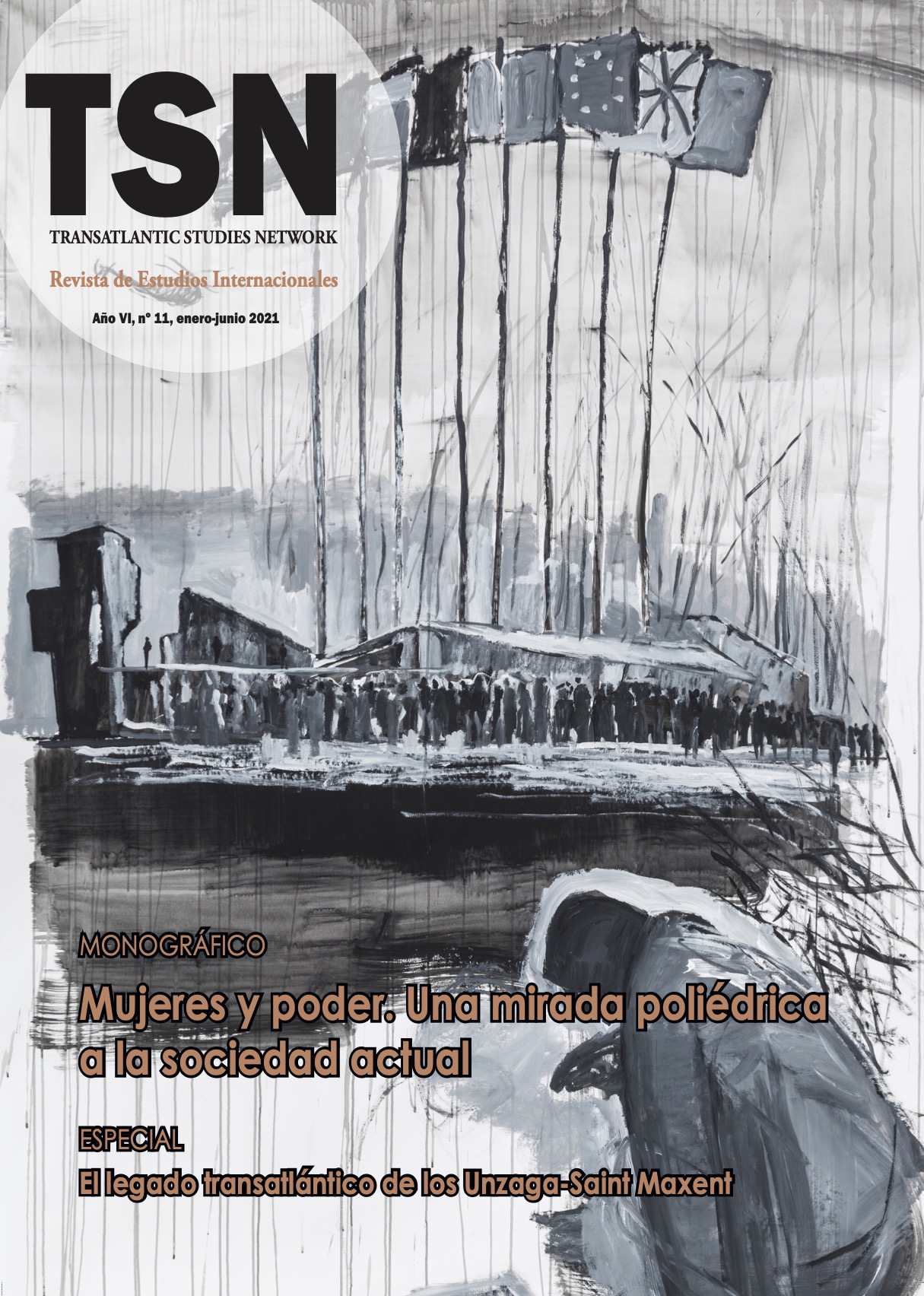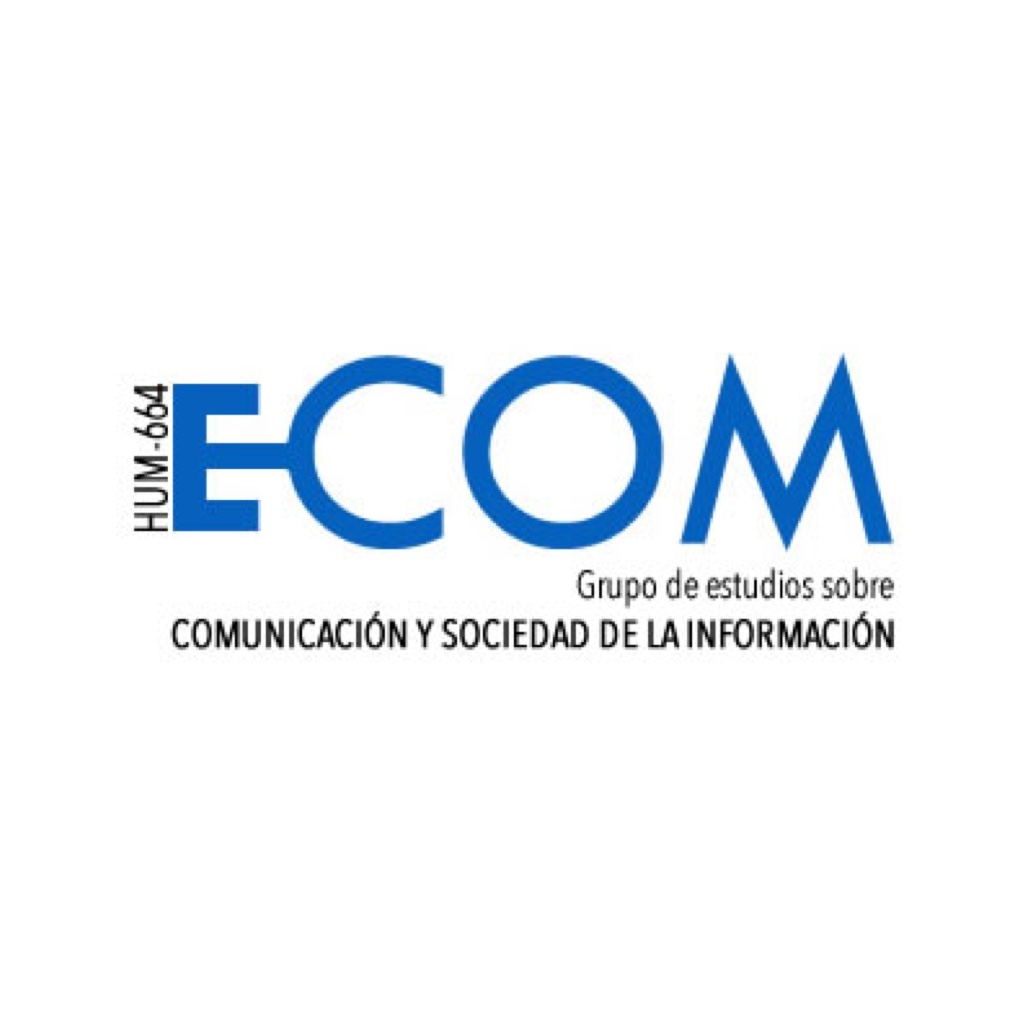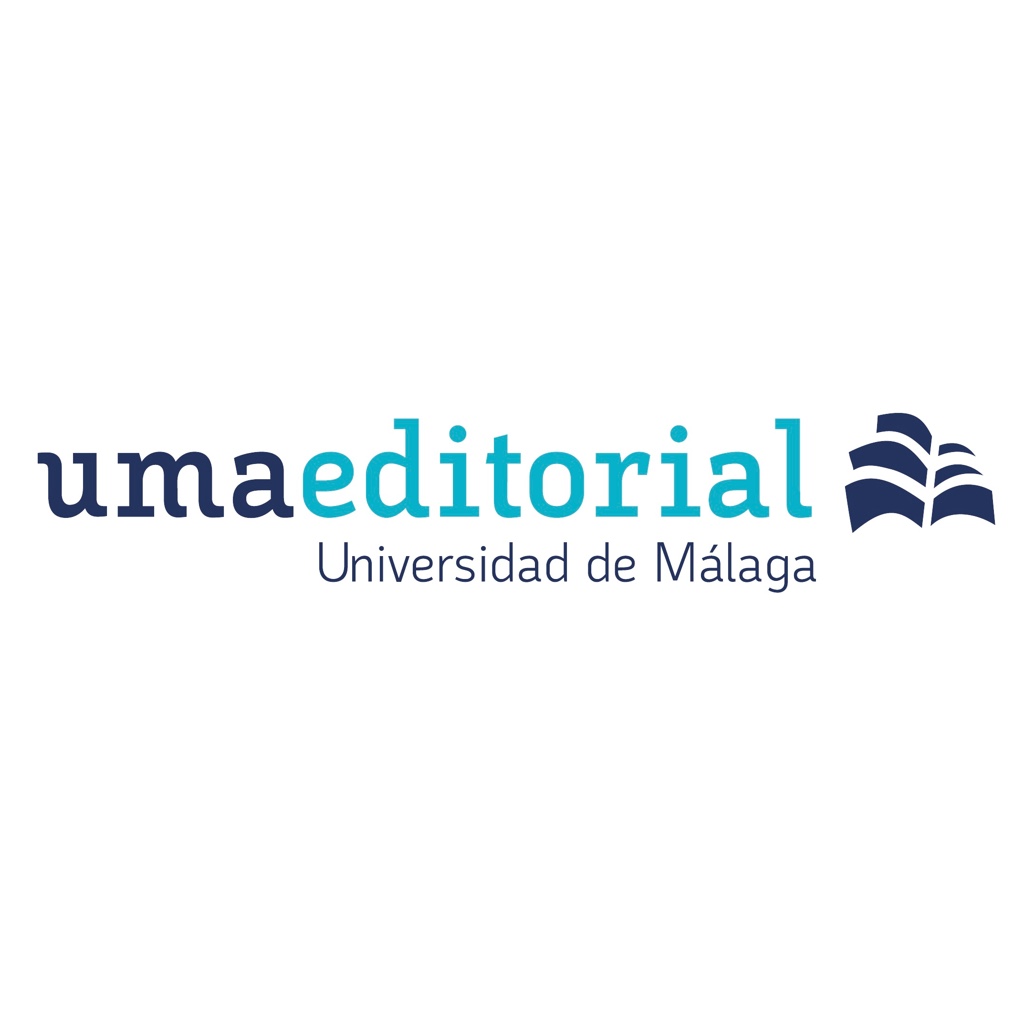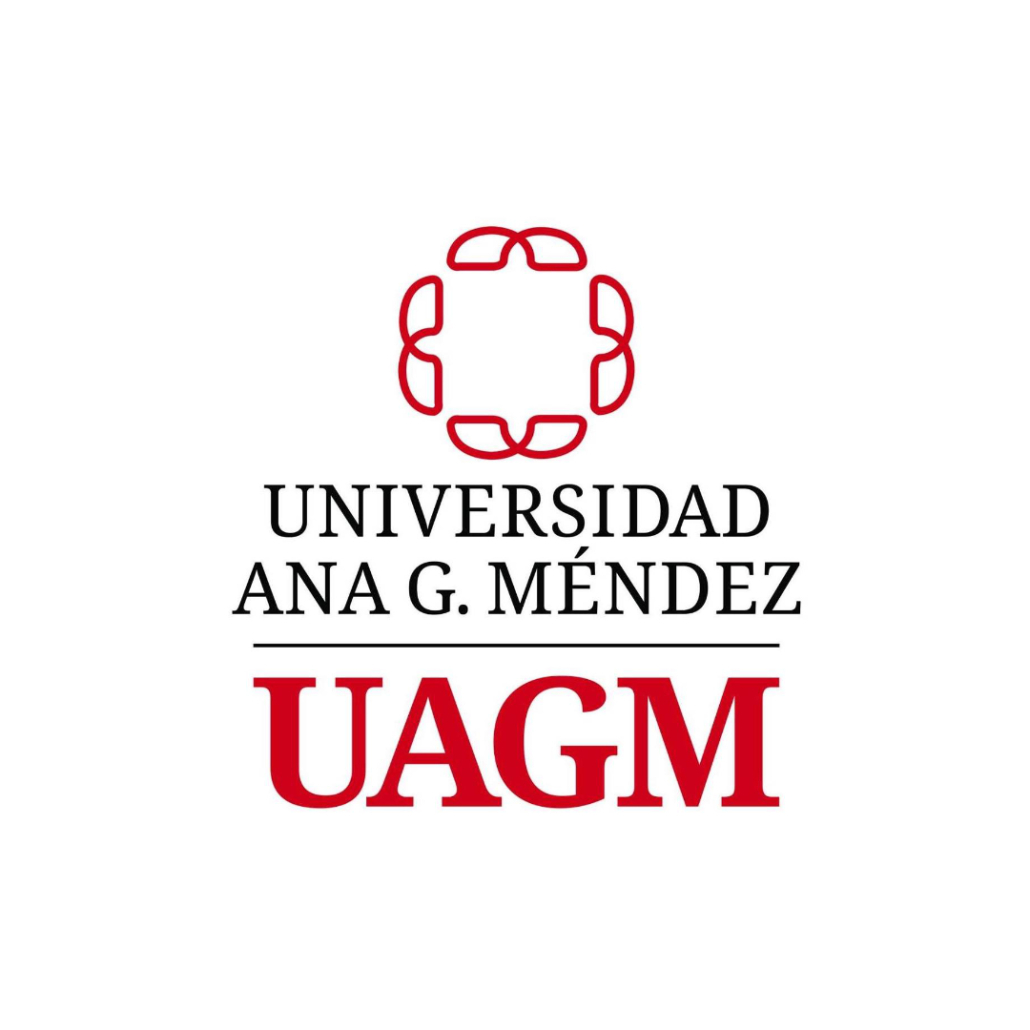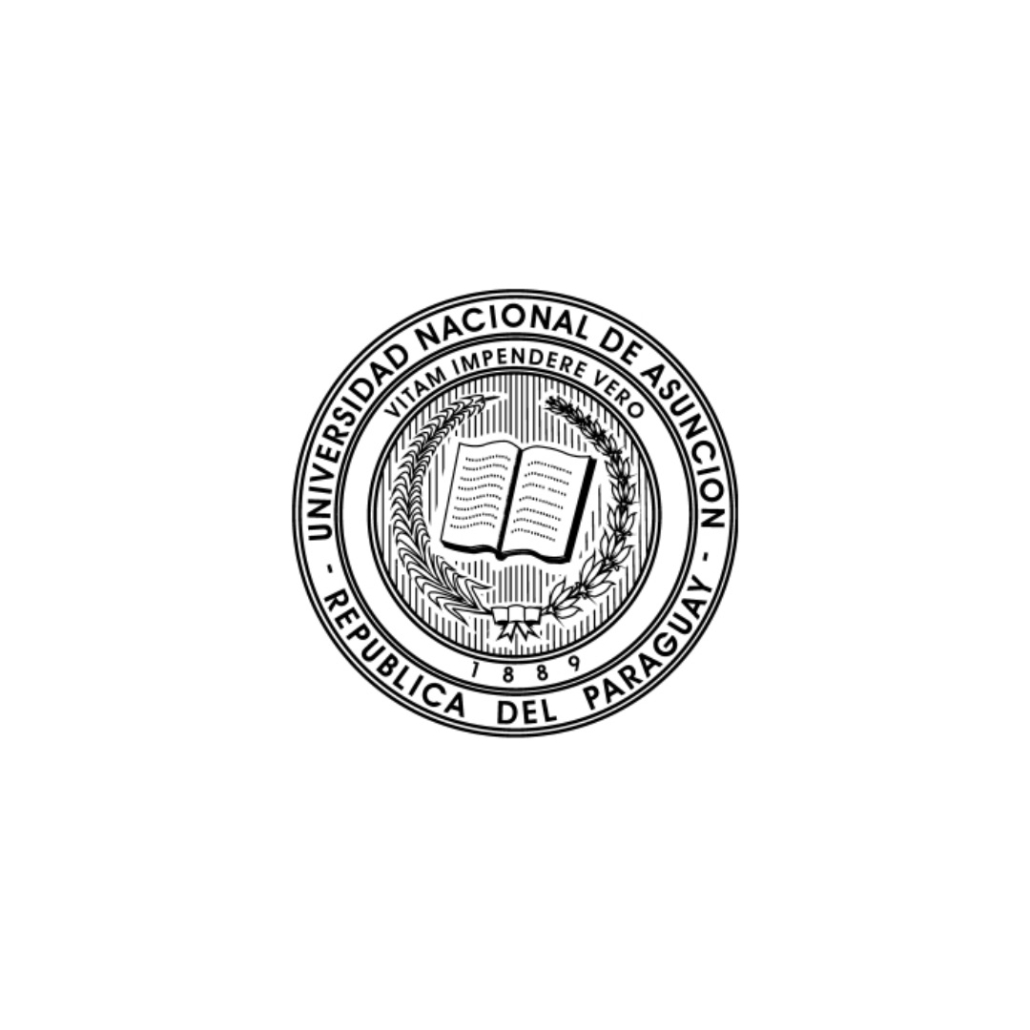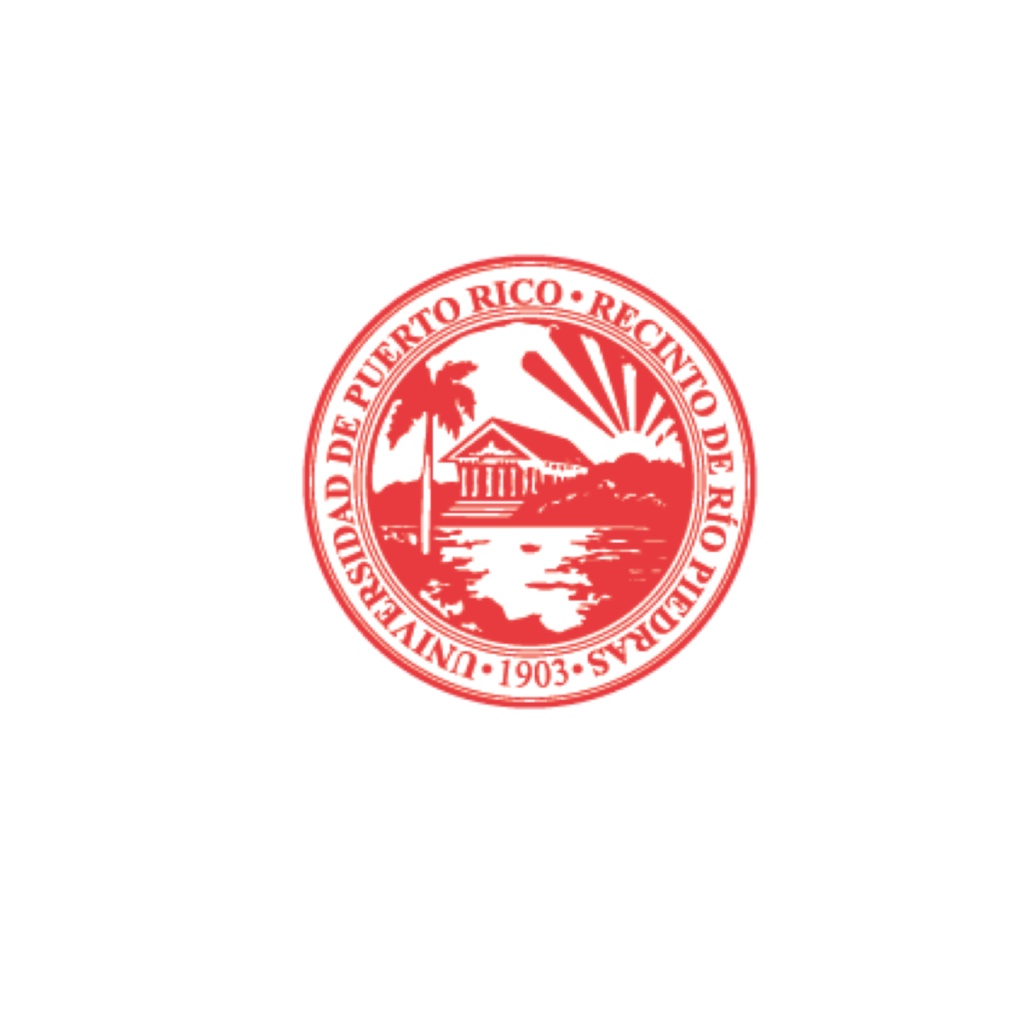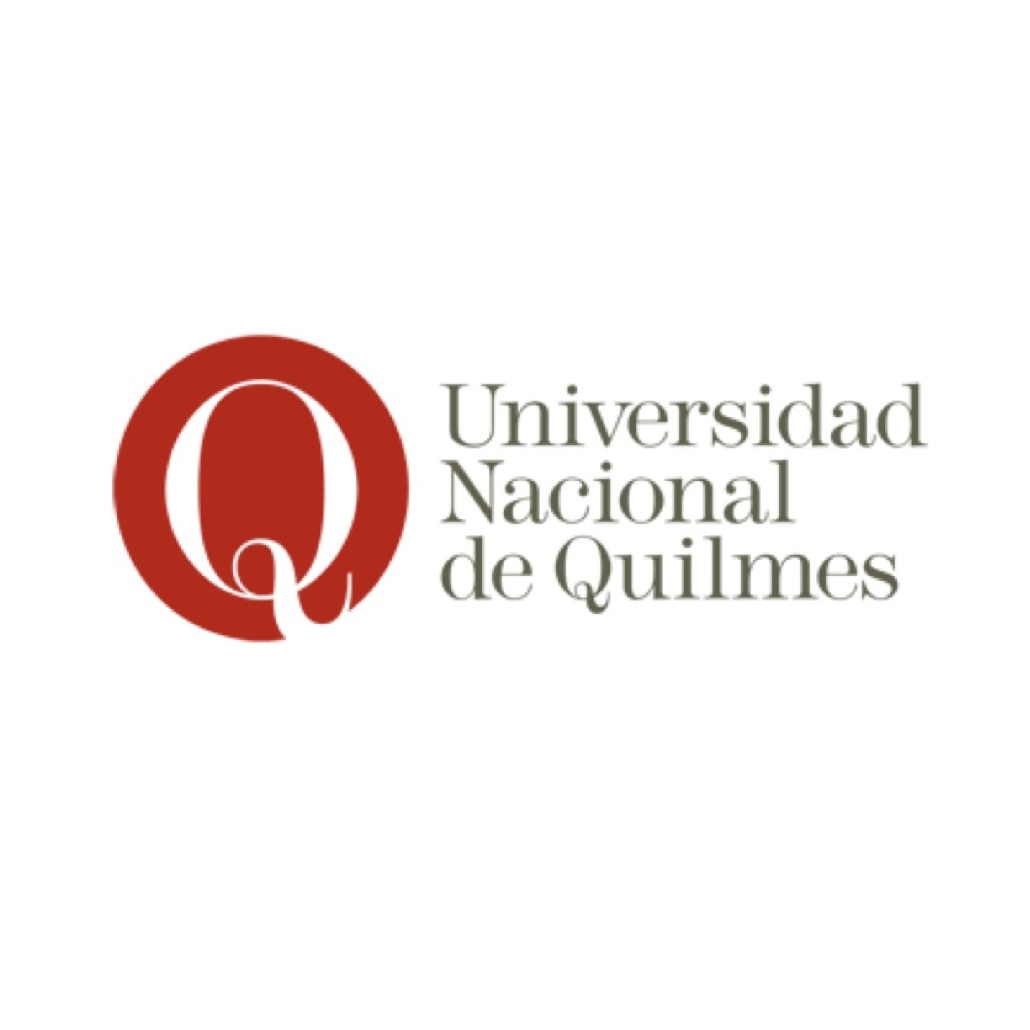Mujeres líderes en la ciencia para una era post-COVID
DOI:
https://doi.org/10.24310/TSN.2021.vi11.14331Palabras clave:
Género, liderazgo, ciencia, mujeres, poder, políticaResumen
Las mujeres deben formar parte de la fuerza laboral de un país y de las estructuras políticas y sociales de un Estado. Además, la participación femenina debe corresponderse tanto con el ámbito de la creación y producción como de la toma de decisiones. En la medida en que las mujeres estén en el poder, la sociedad equilibrará la composición de hombres y mujeres, y toda la diversidad de mujeres producirá una perspectiva situada que incorpore finalmente una dimensión diferente a los saberes y la organización de la vida social. Que las mujeres lleguen al poder no es solo un asunto de equidad numérica, sino de redistribución del poder en todas las esferas de la vida social: la política, el conocimiento, los hábitos y valores sociales. En este nuevo período histórico, las ideas y las soluciones de las mujeres no se pueden desperdiciar como ha ocurrido en el pasado, las mujeres tienen un rol fundamental en el presente y futuro. Este artículo se centra en la posición de responsabilidad de las mujeres en las instituciones científicas, en sus roles anteriores a la pandemia y en los que necesitan asumir para liderar el futuro.
Descargas
Métricas
Citas
Calás, Marta; Smircich, Linda; y Holvino, Evangelina (2014): Theorizing gender-and-organization: Changing times, changing theories, pp. 17-52. The Oxford Handbook of Gender in Organizations.
Camus, Celine, y González Ramos, Ana M. (2019): «Gendered leadership in neo-liberal academia: more confusion and higher requirements, a new trap?», en Alonso, Araceli, y Langle de Paz,
Teresa (eds.), 2019: The Time Is Now. Feminist Leadership for a New Era (La hora del liderazgo feminista), editado por Red Global Cátedras Unesco en Género (en línea), pp. 227-237.
Eagly, Alice, y Carli, Linda (2007): Through the labyrinth: The truth about how women become leaders. Harvard Business School Press.
Eurofound (2020): COVID-19. Living, working and COVID-19. Eurofound (en línea).
European Commission (2020): «The impact of COVID confinement measures on EU labour market», en Science for Policy Brief. Joint Reseach Center.
García de León, María Antonia (1994): Élites discriminadas (Sobre el poder de las mujeres). Anthropos.
González Ramos, Ana M. (ed.), 2018: Mujeres en la ciencia contemporánea. La aguja y el camello. Icaria.
González Ramos, Ana M., y Revelles-Benavente, Beatriz (2019): «Mujeres en el poder, mujeres empoderadas, mujeres aliadas, mujeres con capacidad de decisión», en Alonso, Araceli, y Langle de Paz, Teresa (eds.), 2019: The Time Is Now. Feminist Leadership for a New Era (La hora del liderazgo feminista), editado por Red Global Cátedras Unesco en Género (en línea), pp. 248-255.
Haraway, Donna (1988): «Situated Knowledges: The Science Question in Feminism and the Privilege of Partial Perspective», en Feminist Studies, 14 (3), pp. 575-599. doi:10.2307/3178066
Haraway, Donna (2016): Staying with the trouble: Making kin in the Chthulucene. Durham Duke University Press.
Horton, Richard (2020): «COVID-19 is not a pandemic», en The Lancet, 396 (10255), p. 874.
Kassova, Luba (2020): The Missing Perspectives of Women in COVID-19 News. A special report on women's under-representation in news media (en línea). https://www.iwmf.org/women-in-covid19-news/
Longino, Helen E. (1987): «Can there be a Feminist Science?», en Hypatia, 2 (3), pp. 51-64.
Özkazanç?Pan, Banu, y Pullen, Alison (2020): «Gendered labour and work, even in pandemic times», en Gender, Work and Organisation. https://doi.org/10.1111/gwao.12516
Pérez Sedeño, Eulalia, y García Dauder, S. (2017): Las «mentiras» científicas sobre las mujeres. Catarata.
Santos, João M.; Horta, Hugo; y Amâncio, Lígia (2020): «Research agendas of female and male academics: a new perspective on gender disparities in academia», en Gender and Education. http://dx.doi.org/10.1080/09540253.2020.1792844
Singer, Merill (2009): Introducing Syndemics: A Critical Systems Approach to Public and Community Health. Jossey-Bass A Wiley Imprint.
Torrado Martín-Palomino, Esther (2018): «Redes, sororidad y techo de cristal», en González Ramos, A. M. (ed.), 2018: Mujeres en la ciencia contemporánea. La aguja y el camello. Icaria, pp. 133-156.
Valls Llobet, Carme (2020): Mujeres invisibles para la medicina. Desvelando nuestra salud. Capitán Swing.
Van Daalen, Kim Robin; Bajnoczki, Csongor; Chowdhury, Maisoon; Dada, Sara; Khorsand, Parnian; Socha, Anna; Lal, Arush; Jung, Laura; Alqodmani, Lujain; Torres, Irene; Ouedraogo, Samiratou; Mahmud, Amina Jama; Dhatt, Roopa; Phelan, Alexandra; y Rajan, Dheepa (2020): «Symptoms of a broken system: the gender gaps in COVID-19 decision-making», en BMJ Global Health, 5: e003549. http://dx.doi.org/10.1136/bmjgh-2020-003549
VV. AA. (2020): Women in science are battling both Covid-19 and the patriarchy, 15 de mayo, en https://www.timeshighereducation.com/blog/women-science-are-battling-both-covid-19-and-patriarchy#survey-answer, 20 de febrero de 2021.
White, Kate; Bagilhole, Barbara; y Riordan, Sarah (2012): «The gendered shaping of university leadership in Australia, South Africa and the UK», en Higher Education Quarterly, 66 (3), pp. 293-307. http://dx.doi.org/10.1111/j.1468-2273.2012.00523.x
Descargas
Publicado
Cómo citar
Número
Sección
Licencia

Esta obra está bajo una licencia internacional Creative Commons Atribución-NoComercial-CompartirIgual 4.0.

